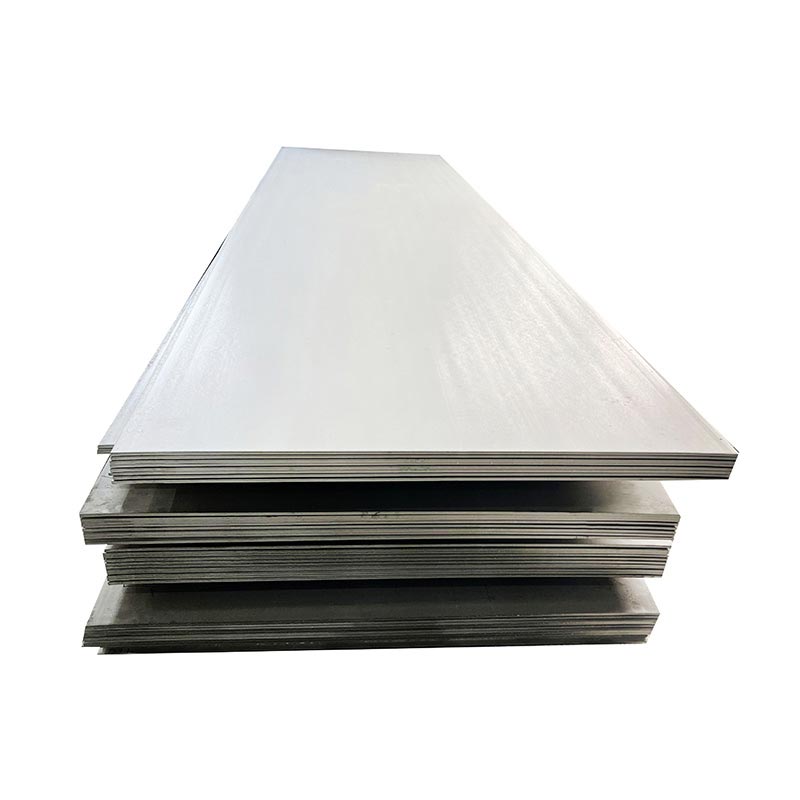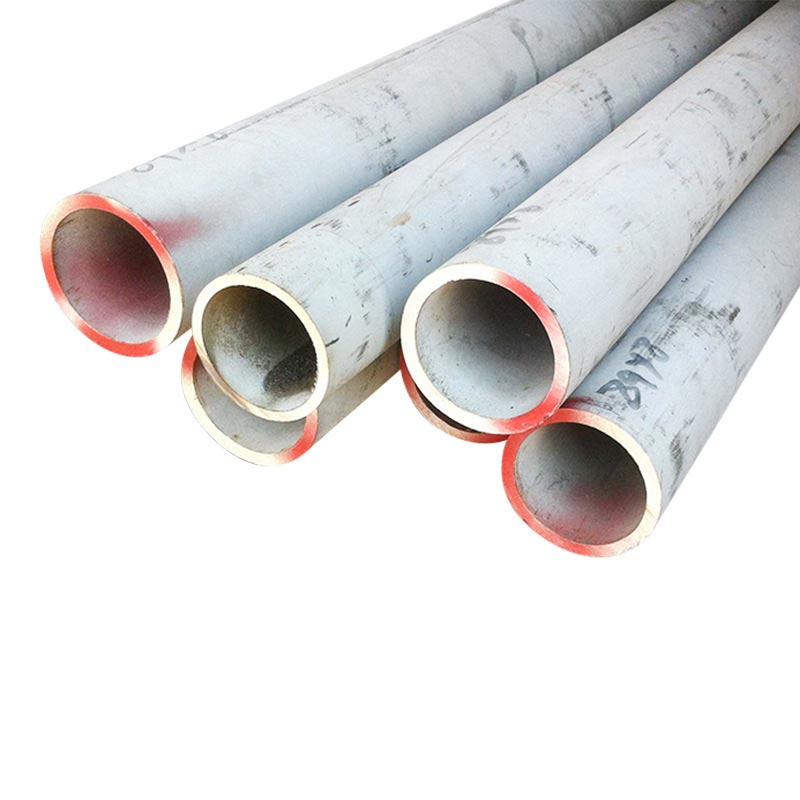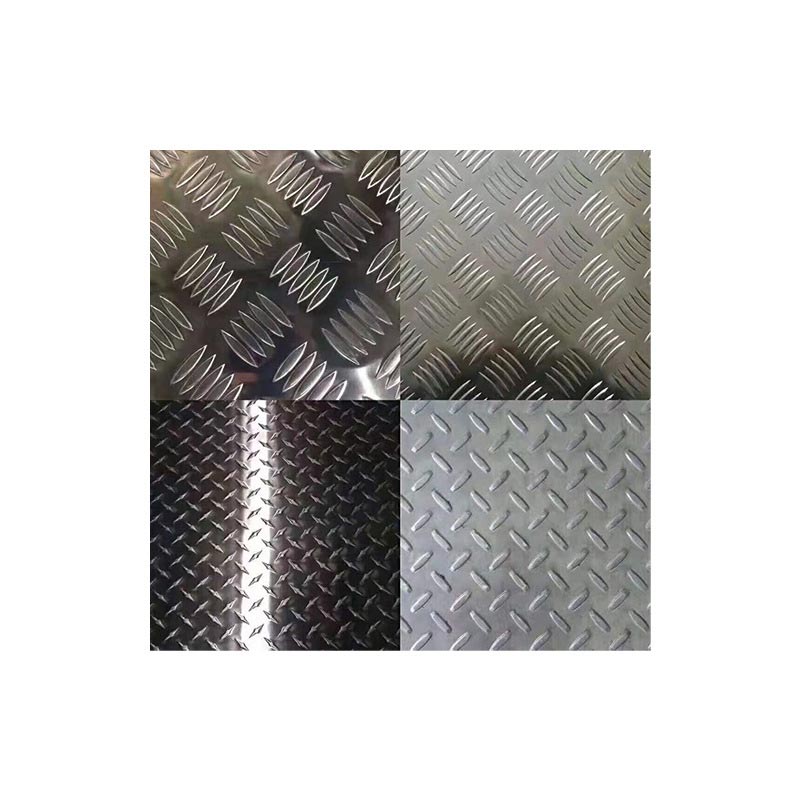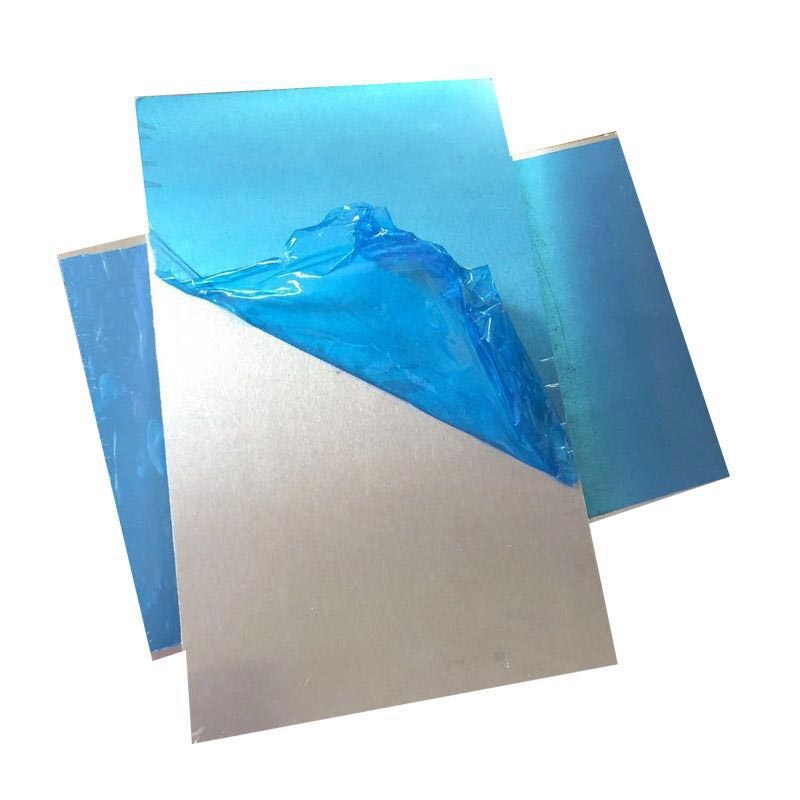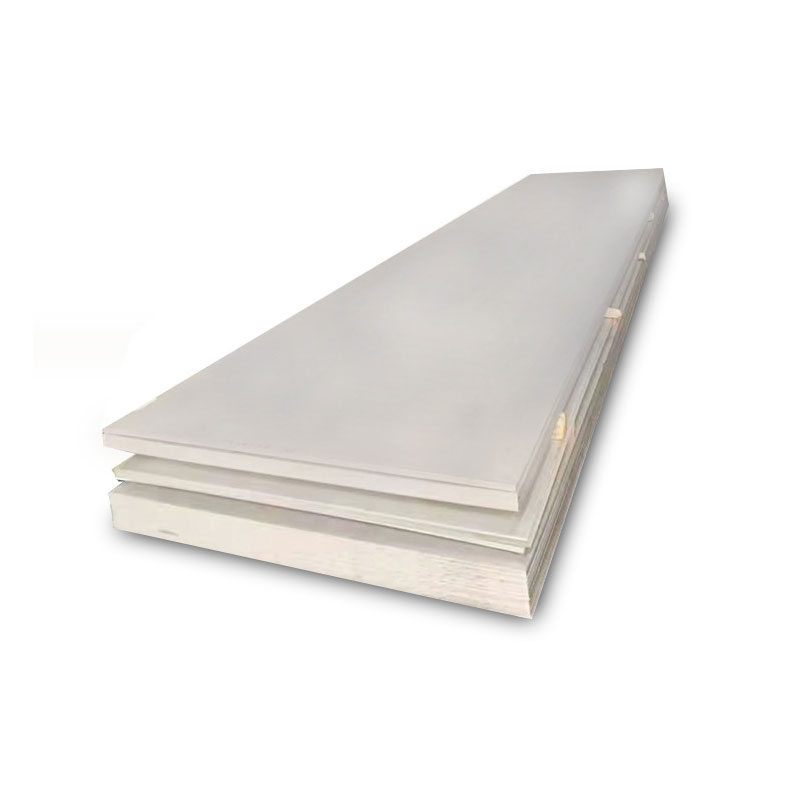Which Performs Better in Corrosion Resistance: Aluminum or Stainless Steel? How to Choose Between Them?
Which Performs Better in Corrosion Resistance: Aluminum or Stainless Steel? How to Choose Between Them?
When comparing corrosion resistance, Stainless Steel generally outperforms aluminum in most environments. The chromium content in Stainless Steel forms a passive oxide layer that protects against rust and corrosion. While aluminum naturally develops an oxide layer, Stainless Steel offers superior protection, especially in chloride-rich environments like coastal areas. The corrosion resistance of Stainless Steel can be further enhanced by increasing chromium content or adding elements like molybdenum.
Several factors determine whether to choose Stainless Steel or aluminum. For applications requiring maximum corrosion resistance, Stainless Steel is often the better choice. Food processing equipment, medical instruments, and marine components frequently utilize Stainless Steel for its durability. The selection between Stainless Steel and aluminum should consider environmental conditions, mechanical requirements, and budget constraints. Stainless Steel typically costs more but provides longer service life in corrosive environments.
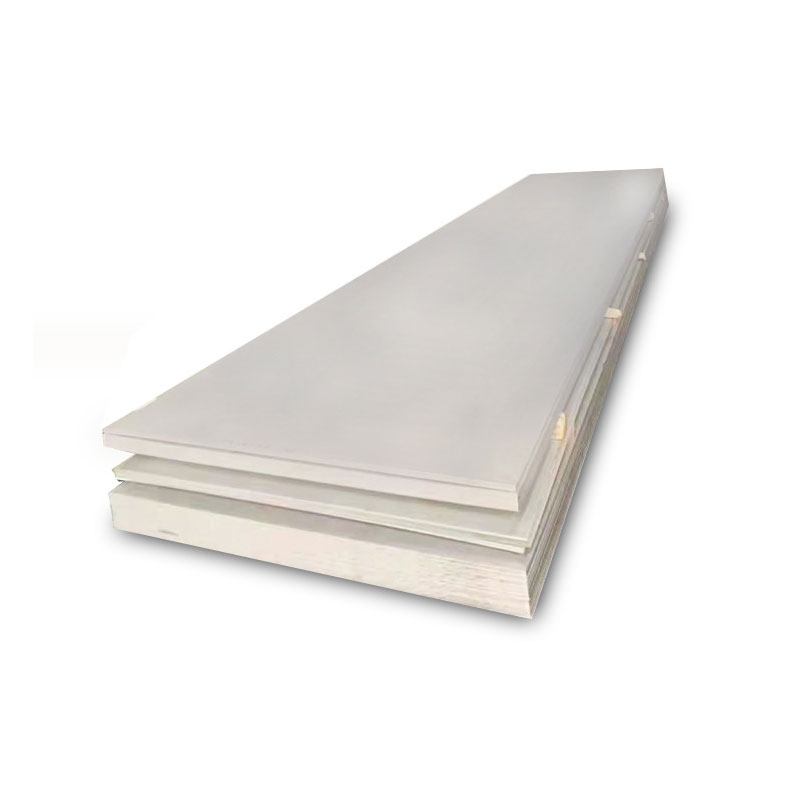
Different grades of Stainless Steel offer varying corrosion resistance levels. Austenitic Stainless Steel (300 series) demonstrates excellent corrosion resistance and is widely used in chemical processing. Martensitic Stainless Steel provides good resistance with higher strength, while duplex Stainless Steel combines the best properties of austenitic and ferritic grades. When selecting Stainless Steel, engineers must evaluate the specific corrosive agents present in the application environment.
Maintenance requirements also differ between Stainless Steel and aluminum. While Stainless Steel generally requires less maintenance, proper care is still essential. Regular cleaning prevents surface contamination that could compromise Stainless Steel's protective layer. Unlike aluminum, Stainless Steel maintains its appearance over time without needing special coatings in most environments. The passive film on Stainless Steel can regenerate when damaged, providing continuous protection.
In conclusion, Stainless Steel typically offers superior corrosion resistance compared to aluminum, making it ideal for demanding applications. The decision between Stainless Steel and aluminum should be based on environmental factors, mechanical needs, and lifecycle costs. With proper grade selection and maintenance, Stainless Steel provides reliable, long-term performance in corrosive conditions across various industries.
- Why Does Tinplate Steel Win Real-World Packaging Projects Today?
- Surface Quality Inspection Methods and Precautions for 304 Stainless Steel Sheet
- What is the Manufacturing Process of Stainless Steel Tube?
- Welding Quality Measures for 304 Stainless Steel Seamless Tubes
- How to Choose the Stainless Steel Tube for Your Industrial Needs?
- Bright Annealing Conditions for 304 Stainless Steel Tube








